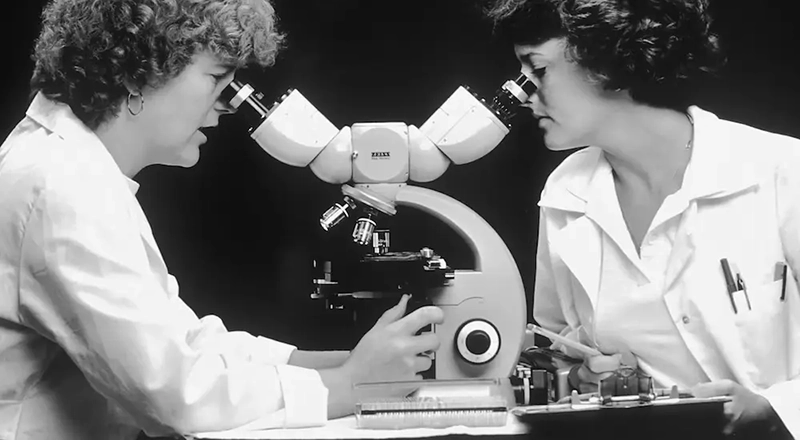The world of cancer research teems with debate about what causes the disease and how best to manage it. It was once thought that environmental factors such as smoking, diet, and lifestyle were primarily responsible for causing cancer. However, recent studies have indicated that genetic mutations may be responsible for up to 25% of the cancers that develop. This means that your risk of developing some types of cancer is determined by your genes.
Genetics in Cancer Risk
Genetic mutations are known to cause certain types of cancers. For example, the BRCA1 and BRCA2 mutations increase women’s risk for breast and ovarian cancers. Yet even when these mutations are present, they may not necessarily lead to the disease. Environmental factors, such as exposure to toxins or radiation, or excessive alcohol intake, have their own weighty say. This makes it difficult to accurately predict, based solely on their genetic makeup, who will get cancer and who won’t.
At the same time, there is much you can do to manage those risk factors by being proactive. If you have a family history or genetic mutation for breast or ovarian cancer, you can reduce your risk of actually getting the disease by going for regular mammograms or avoiding certain foods high in hormones, such as soy products. Similarly, if you’re exposed to toxins at work or at home, there are steps you can take to minimize exposure, such as wearing protective gear when working with hazardous materials or investing in air-filtration systems.
Environmental Factors in Cancer Risk
Exposure to toxins such as radiation or asbestos can increase your risk of getting certain types of cancer. As everyone knows, smoking increases the chances of lung cancer, while UV exposure from tanning beds increases the risk of developing skin cancer. Diet can also play an outsize role. For instance, diets high in processed meats have been linked to an increased risk for colorectal cancer.
Scientists are still trying to determine exactly how these environmental factors interact with genes to increase or decrease a person’s risk for certain types of cancer. The key is being aware of both genetic and environmental risks, so you know what steps to take to mitigate them.
Managing Both Genetics and Environment
In order to effectively manage both genetic and environmental cancer risks, doctors must take a holistic approach that combines traditional treatments like chemotherapy with lifestyle changes such as exercise and healthy eating habits. It’s also important for patients to know and understand their own family history so they can make informed decisions about their health care choices going forward.
The good news is that there are steps you can take to reduce both your genetic and environmental risks for getting cancer. Eating a healthy diet full of fruits and vegetables can help reduce your risk for certain types of cancers; exercising regularly has also been linked with lower rates of some cancers; avoiding tobacco products; limiting alcohol consumption; getting regular checkups with a doctor; minimizing exposure to toxins – these are all ways you can work on reducing both your genetic risk as well as environmental risks associated with developing certain types of cancers.
Cancer is a complex disease. Still, thanks to advances in science and technology over the last few years, we now understand more than ever about its causes and how best to manage it. We now know that genetics plays a key role, but so does our environment. This means that we must be keenly aware of both when it comes to truly managing our cancer risk.
By making small changes, such as getting regular check-ups if you have a family history or being mindful of toxin exposure at work or at home, you can significantly reduce your chances of developing certain types of cancers. Start taking action today to stay healthy into tomorrow and beyond.



GIPHY App Key not set. Please check settings